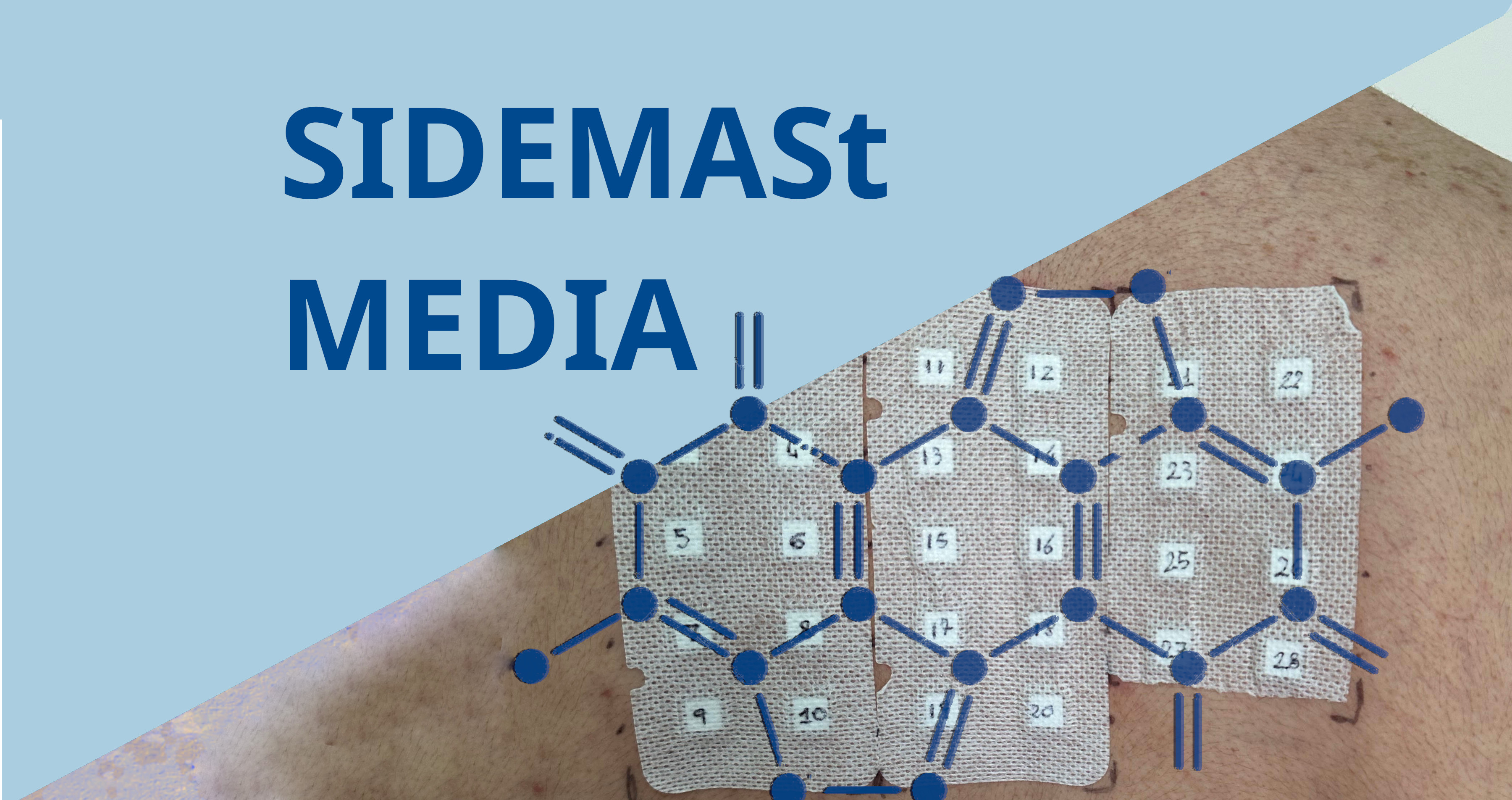Genetic testing of tumour and blood fluid samples from people with and without one of the most aggressive forms of skin cancer has shown that 2 new blood tests can reliably detect previously unidentifiable forms of the disease.
Researchers at NYU Langone Medical Center the Perlmutter Cancer Center, New York, New York, said that having quick and accurate monitoring tools for all types of metastatic melanoma may make it easier for physicians to detect early signs of cancer recurrence.
The new blood tests, which take only 48 hours, were developed in conjunction with Bio-Rad Laboratories, Hercules, California. The tests are the first to identify melanoma DNA in the blood of patients whose cancer is spreading and who lack defects in either the BRAF or NRAS genes.
“Our goal is to use these tests to make more informed treatment decisions and, specifically, to identify as early as possible when a treatment has stopped working, cancer growth has resumed, and the patient needs to switch therapy,” said senior investigator David Polsky, MD, NYU Langone Medical Center.
The new tests monitor circulating tumour DNA (ctDNA) levels. Specifically, the test detects evidence of changes in the chemical building blocks of a gene that controls telomerase reverse transcriptase (TERT), a protein that helps cancer cells maintain the physical structure of their chromosomes.
Dr. Polsky said the detected changes occur in mutant building blocks, in which a cytidine molecule in the on-off switch for the TERT gene is replaced by another building block, called thymidine. Either mutation, C228T or C250T, results in the switch being stuck in the “on” position, helping tumour cells to multiply.
According to Dr. Polsky, the blood tests may have advantages over current methods for monitoring the disease because the tests avoid the radiation exposure that comes with computed tomography (CT) scans, and the tests can be performed more easily and more often.
The Bio-Rad tests, once clinically validated, are also likely to gain widespread use quickly, he says, because previous research had shown that similar blood tests for BRAF and NRAS mutations worked better in identifying new tumour growth than existing blood tests for the protein lactate dehydrogenase. Lactate dehydrogenase levels may spike during aggressive tumour growth, but can also rise as a result of other diseases and biological functions.
As part of the ongoing study, researchers checked results from the new tests against 10 tumour samples taken from NYU Langone patients diagnosed with and without metastatic melanoma. They also tested 4 blood plasma samples from patients with and without the disease.
Blood test results matched correctly in all cases known to be either positive or negative for metastatic melanoma. Successful detection occurred, they say, for samples with as little as 1% of mutated ctDNA in a typical blood plasma sample of 5 millilitres. Meanwhile, TERT mutations were absent in tests of normal blood plasma and tonsil tissue.
Dr. Polsky said that further study of the new blood tests are planned to gauge their use in monitoring progression of the aggressive cancer, and to more quickly determine when switching to an alternative therapy is warranted, as well as whether the tests can used to detect other types of cancer, such as brain tumours, that also have TERT mutations.
The researchers presented their data at the 2017 Annual Meeting of the American Association for Cancer Research (AACR) on April 2.
SOURCE: NYU Langone Medical Center








